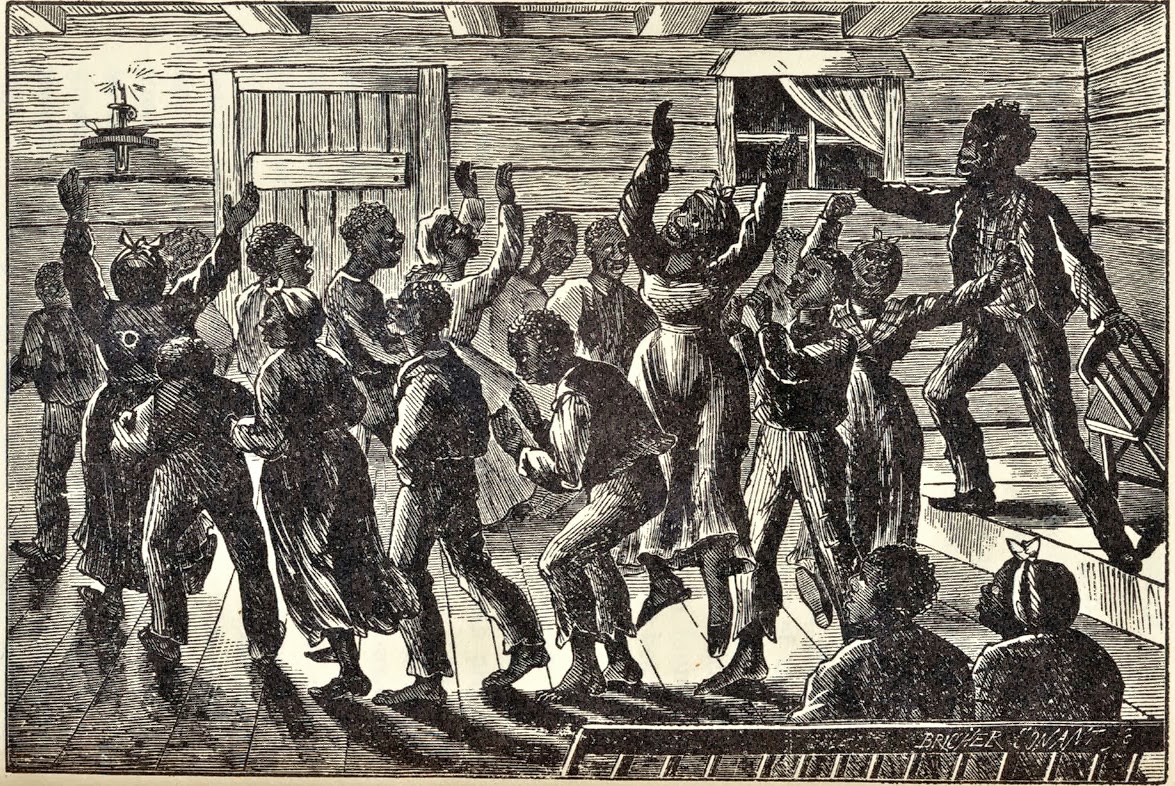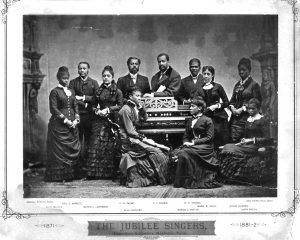Expressions from a bitter-sweet past.
by Dorothy Kitchen
The history of the spiritual goes back to the beginning of the African slave trade in the American colonies in 1619. Millions of men, women and children were brought to this country from different parts of Africa. Those who survived were forced into slavery. They were cut off from their native culture, scattered without regard to their tribal relations, compelled to adjust themselves to a completely alien civilization, to learn a strange language, and to endure the pain of slavery. It was from these people and from their suffering that this music sprang. There are over 6,000 examples of these tunes, which are known by many labels: Jubilees, folk songs, shout songs, sorrow songs, slave songs and religious songs. But they are most commonly called “spirituals” because of the deep religious feeling they express.
Many slaves embraced Christianity. They took this hope, their native African rhythms, and the King James Bible, and created a new form of music. Through these songs they expressed their hopes and fears, their faith and doubt. In the land of their imagination they told stories and drew vivid pictures of their internal landscape. There they dreamed dreams and declared visions in verses such as these:
Plenty good room in my father’s kingdom,
Going to choose my seat and sit down.
And these:
Freedom, oh freedom,
And before I’d be a slave
I’d be buried in my grave,
And go home to my Lord and be free.
Fisk University first introduced spirituals to the general American public in Nashville, Tennessee, in 1871. The Fisk Jubilee Singers gave many concerts in the United States and made two tours of Europe. Other Black universities followed, and they have kept alive this original American music, a Black music, a sacred music, a reminder of a painful past and a hopeful future. These songs of the soul and of the soil have enriched American music and the music of the world. They offer a clear and universal message:
Go down Moses, way down in Egypt land,
Tell old Pharaoh to let my people go.
The message is that the God of Justice, the God of Christianity, is on the side of the oppressed and is the fulcrum of liberation. Spirituals are songs to be sung wherever people gather to glorify God’s name.


